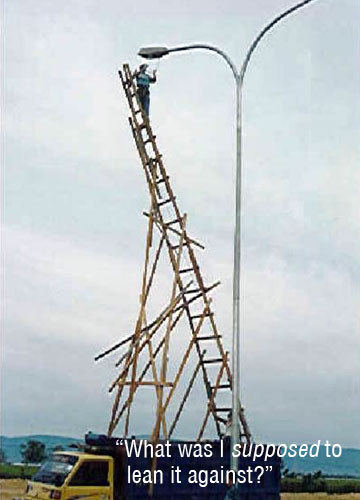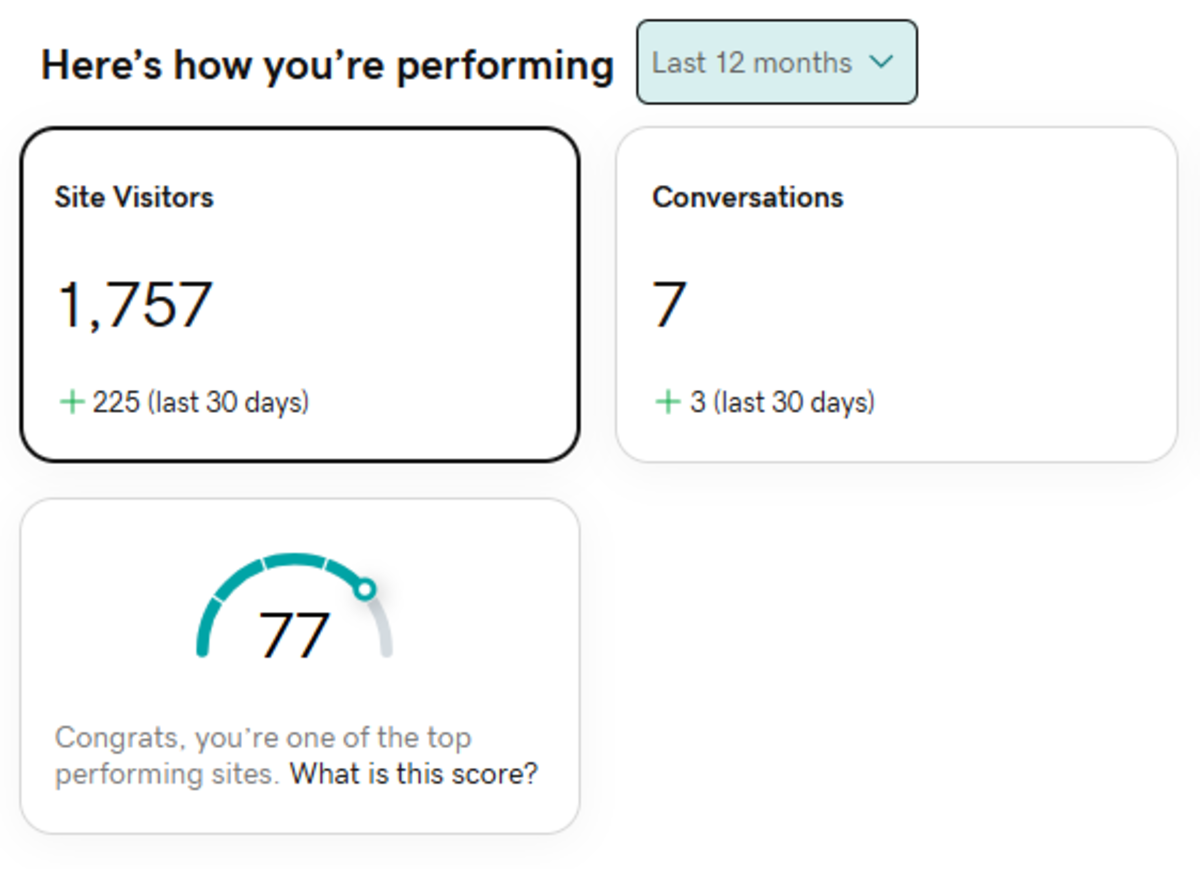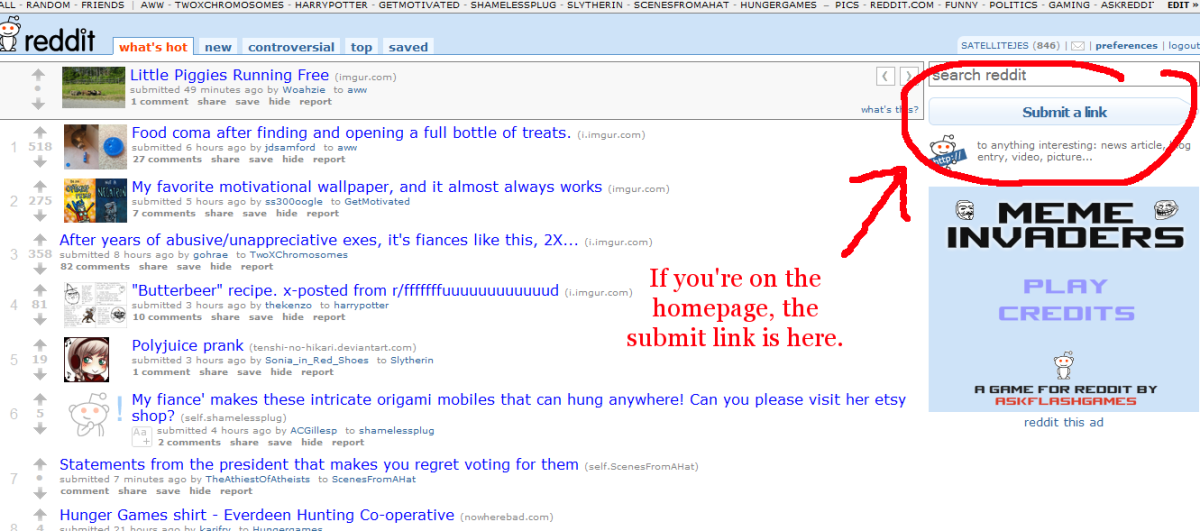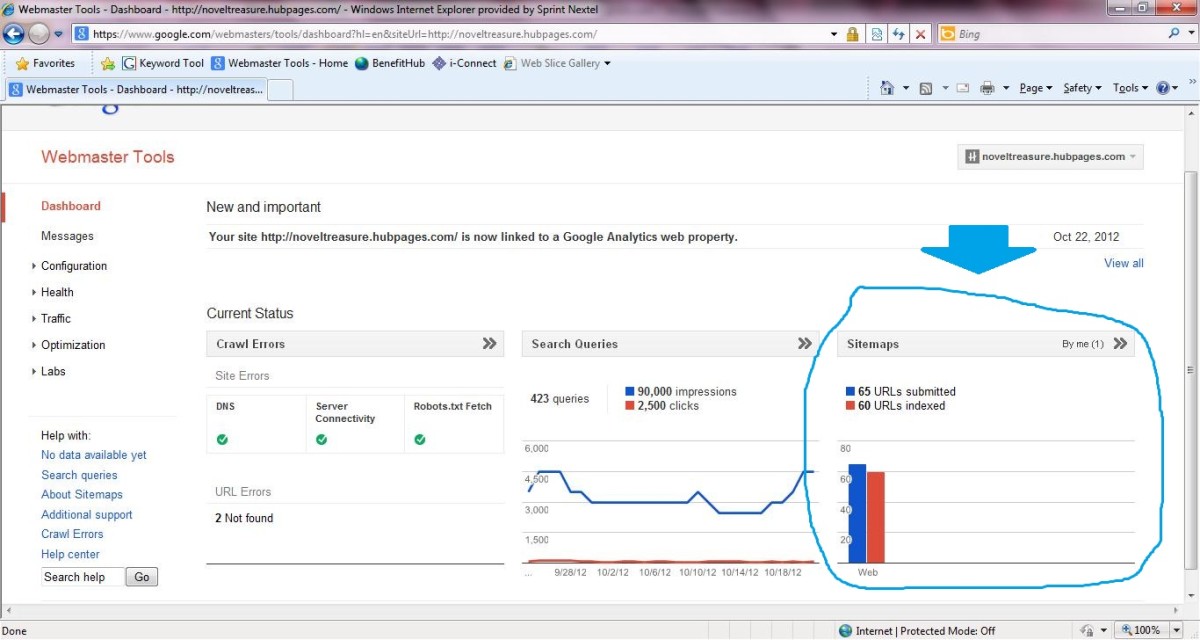DIY SEO - Stop Analysis Paralysis now and get traffic flowing!
Do it yourself Search engine optimization
What does search engine optimization mean to you? To me, it means getting in the first 10 search results in google. Each jump in google's top 10 ranking almost doubles your daily potential for traffic.
Unfortunately, google is very picky about who gets there and seems to heavily rely on the number of backlinks to your site to determine your site's relevance. Yahoo does not do that and it's possible to get to the first page within your niche with a keyword optimized webpage and some backlinks
While it is possible to pay about 150$/month for low level search engine optimization through websites like Elance, the results are usually sub-par and do not compare to the quality article marketing that you can do yourself, as an expert on your topic!
SEO Ladder

Breaking analysis paralysis
There's so much written about SEO out there that I will not regurgitate that information. You want your site to be found by people to get traffic to get money. Simple.
Let's assume that you are using article marketing for promotion.
The first thing that you can do to break the analysis paralysis is to lay out a network of articles that you are going to create. This makes writing articles to promote your site a lot more focused. Just do this!
- Write at least 10 article titles, indicating what the article is going to be about
- Define the theme keyword for each article and try to include it in the title
- Draw lines from article to article to show how they will link to each other
- Distribute your articles between multiple article sites(Hubpages may be very convenient, but you need multiple links from multiple domains). This means getting a couple hubpages, a squidoo lens, a free weebly site, and a couple ezine article entries.
Proceed to write out your articles, starting from the highest level overview down to detail. Write the beginning batch 6-10 of articles over a period of 4-6 hours. It is rather enjoyable once you get to do this. If your article is about bread makers:
- Do not worry about images or pretty formatting at this point, just do this.
- Start by creating an article about breadmaking at home, and reasons for doing so. This would help you define the broad questions about the topic.
- Proceed to write an article about a specific kind of breadmakers - for example, electric. This would help you define questions that people familiar with the subject would want to be answered.
- Write an article about a specific kind of breadmaker that you want to promote. This would answer very specific questions about the product.
- For each article, include 2 instances of a keyword that you are trying to promote. For example: "breadman bread machine"
- Do not worry about adding extra monetization at this point, just write the articles out, be creative!
Doing so would get you primed to think about the subject and will separate the general questions from the specific questions.
Publish your articles on the websites of your choice.
- Add links to the keywords of your choice, embedded within text. This is how Google searches for content nowadays.
- Point the links to articles and the website that you want to promote. So your bread maker articles would use one link to point to each other and one link to point to your main page.
- This creates a network of sites that all promote each other and revolve around your main theme keyword.
By now you would have the initial network of your sites. It takes about an hour for me to write out, edit and upload a Hubpages article, something that I enjoy doing. Writing like that also rises your confidence in writing. Remember, you are good at what you like and like what you are good at!
An afterword
Getting a hang of writing articles takes a while. I would not call myself an expert by any means, but after a while it gets a lot easier to write an article on any topic. The key to this is doing and learning as you go along!
The only thing that you need to worry about at the beginning is the article title, as it's difficult to change once that becomes a URL!
Extra tips and tricks
- Thirty Day Challenge
Search engine optimization for a niche keyword, step by step!








